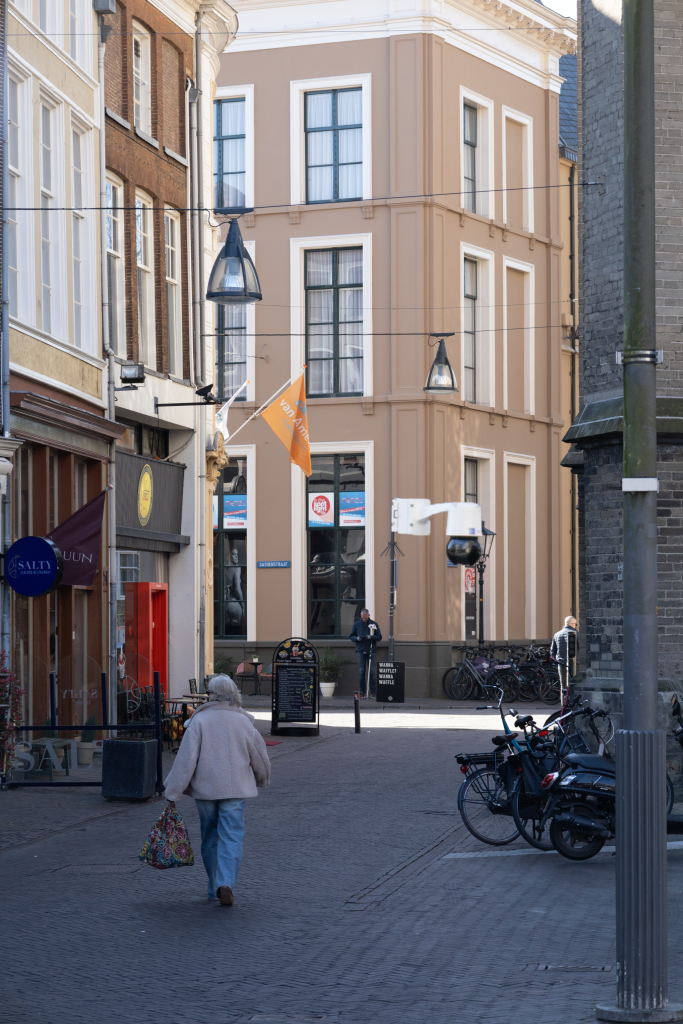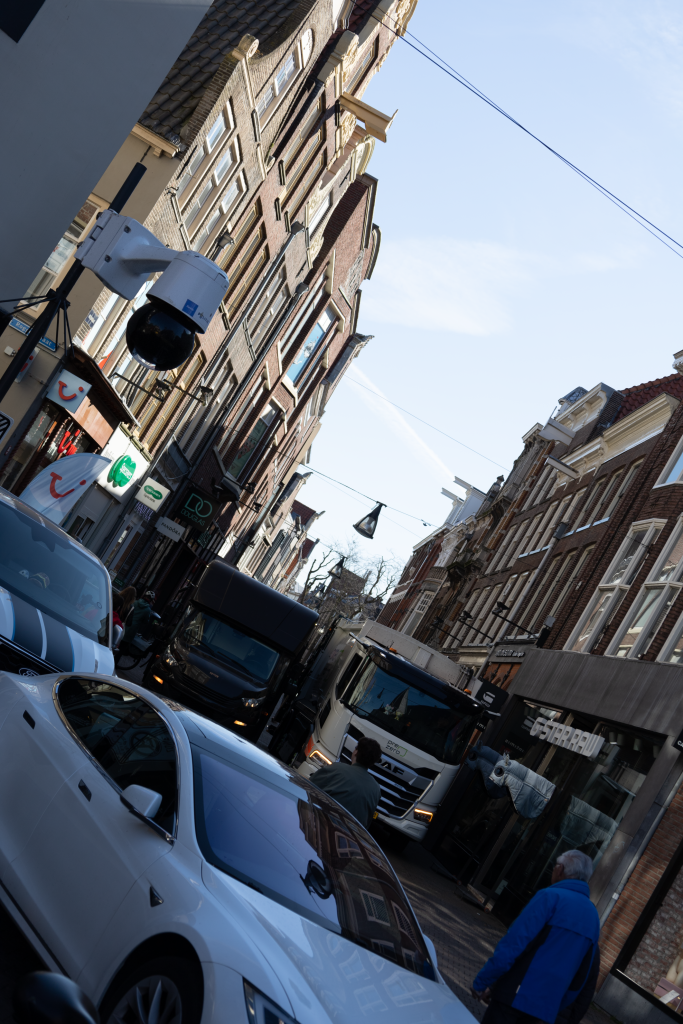Every step we take, both online and off, is increasingly watched, recorded, and analyzed. From the ever-growing number of surveillance cameras in our streets to the silent, invisible tracking scripts behind every website we visit, privacy in the modern age is eroding at an alarming rate.
Take the Netherlands, for example.
With over 338,000 registered cameras—and many more unregistered—there are, on average, ten cameras per square kilometer. In cities like Amsterdam, that number skyrockets to 190. In practice, this means it is nearly impossible to move through public space without being filmed. What was once an expectation of urban anonymity is rapidly becoming a thing of the past.
But it doesn’t stop there. Online, the picture is just as invasive. Every time you browse, scroll, or click, you leave behind digital footprints. Location data, device information, browsing habits, even your name and email; collected, analyzed, and traded by companies hungry to know who you are, what you want, and how best to sell it to you.
While Europe’s GDPR was designed to protect users’ privacy, the system is deeply flawed. Consent, in theory, should be the gatekeeper. But in practice, it’s a smokescreen.
A recent University of Amsterdam study reveals a sobering truth: 65% of websites track users even after they refuse cookies. Worse still, nearly one-third don’t ask for consent at all. The illusion of choice is built into the system. Websites commonly use so-called “dark patterns” to nudge users into compliance, placing the “accept” button in bright colors while hiding the “reject” option in fine print. For many users, consent is not freely given but manipulated out of them.
Researchers argue that rejecting cookies still makes a difference, but it’s not enough. With data frequently flowing to third parties (often outside the EU) the protections we believe are in place turn out to be thin shields. The existing legislation, while well-intentioned, is failing to keep up with the scale and sophistication of modern data collection. Enforcement is weak. Compliance is inconsistent. And the result is a system where privacy is the exception, not the rule.
This complacency is dangerous. In a time when democratic norms are under pressure across the globe, assuming that our rights will always be protected is naïve. The social contract that underpins liberal democracies depends on transparency, accountability, and trust. A society where every action is monitored, and every click interpreted as consent, undermines those foundations.


The consequences of our current indifference could be profound. Privacy is not just a personal preference. It’s a cornerstone of freedom.
And once it’s gone, getting it back may be far more difficult than we imagine.





